SONIA TO DISCUSS CANDIDATE FOR PRESIDENTIAL POLL
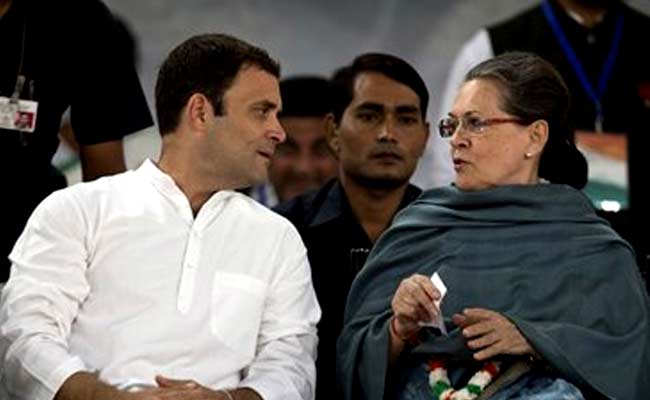
With two months left for ensuing presidential, the candidate nominee consensus among the opposition members are crucial thus Congress president takes a lead in reaching his bench members to get first hand ideas of names for the president candidate.Sonia Gandhi, son Rahul Gandhi meet opposition leaders to build consensus on common candidate for presidential polls.
Congress President Sonia Gandhi on Wednesday stepped up discussions for forging opposition unity on fielding a joint presidential candidate, holding talks with working president of the National Conference Omar Abdullah.
Gandhi, who has been at the forefront of efforts to evolve a consensus among opposition parties for putting up common candidates for the posts of president and vice president who are “acceptable to the country”, will be holding parleys with West Bengal Chief Minister Mamata Banerjee, Bahujan Samaj Party supremo Mayawati and Dravida Munnetra Kazagham leader M K Stalin soon, Congress sources said.
They added that the meetings with these leaders will be held over a week or 10 days.
The Congress chief has already held talks with several opposition leaders including Nitish Kumar and Sharad Yadav of the Janata Dal-United, Nationalist Congress Party president Sharad Pawar and Left leaders Sitaram Yechury and D Raja, besides Indian Union Muslim League general secretary P K Kunhalikkutty.
She has separately held telephonic conversation with Samajwadi Party’s Mulayam Singh Yadav and Rashtriya Janata Dal Lalu Prasad, even as party vice president Rahul Gandhi also held consultations with Sharad Pawar, Yechury and Uttar Pradesh’s former chief minister Akhilesh Yadav, the sources said.
A senior Congress leader said opposition parties are trying to build a consensus on the issue.
He also said that once the initial discussions are over, if needed, structured talks with important leaders could take place. He voiced hope that the names would be finalised before the end of this month.
“One man decides all dictum will not do and one ideology can’t be thrust upon this country. There has to be a national consensus on posts as important as the post of president and vice president,” said party in-charge of communications department Randeep Surjewala.
He said Sonia and Rahul Gandhi have both held talks with a series of leaders and “our doors and minds are open, for we feel that one person cannot decide everything”.
The Congress leader claimed the Modi government had decided to not hold consultations even inside the cabinet, much less with National Democratic Alliance allies.
Surjewala said, in these circumstances, should this country not rise in unison and agree to a person who would be best suited to defend our Constitution, lead our armed forces and protect the democratic ethos of the country.
“The battle of ideologies, battle of defending the Constitution, battle of protecting what is core foundation of our democracy is larger than any other goal that any political party should strive for. That is what the Congress party and all other political parties are striving for today,” he said.
The Congress had not fielded its candidate against APJ Abdul Kalam when Atal Bihari Vajpayee was the prime minister.
“Modi is no Vajpayee. In his thought process there is no scope for dissent or dialogue. Perhaps that is the reason why prime minister and party do not consult their own allies,” Surjewala said.
The sudden flurry of activity by the opposition to forge a strong alliance to take on the Narendra Modi-led NDA in the presidential election has come after a string of victories for BJP in state assembly polls and municipal elections.
Some feel the united face of the opposition for the presidential poll may well turn out to be a precursor to an anti-NDA front ahead of the 2019 Lok Sabha election.
The presidential election has to be held before July 24 when incumbent Pranab Mukherjee’s term ends.
He had taken office in July 2012, defeating the NDA’s candidate late P A Sangma.
© Copyright 2017 PTI. All rights reserved. Republication or redistribution of PTI content, including by framing or similar means, is expressly prohibited without the prior written consent.
INDIA TEST-FIRES AGNI-II BALLISTIC MISSILE
India’s nuclear-capable, surface-to-surface Agni-II ballistic missile, was today test-fired from the Wheeler Island, off Odisha coast today. It has a strike range of two thousand kilometres.
Defence sources said the test was aimed at re-establishing the operational effectiveness of the weapon system. The successful launch once again proved reliability of the medium range surface to surface missile. The missile can carry a nuclear payload of one thousand kilogram.
Agni missile series being developed by DRDO as a deterrent against nuclear armed neighbours are among India’s most sophisticated weapons.
EXCLUSIVE INDIA LAUNCH OF THE ‘LE MUSK’
PRESS INVITATION
PVR Cinemas cordially invites you for the Exclusive India launch of the Prelude of the film & to share with you the uniqueness of the same
‘LE MUSK’
(A.R Rahman’s Debut Directorial venture & one of the World’s First Cinematic Virtual Reality Immersive narratives)
To be addressed by:
- A.R. Rahman
- Gautam Dutta (CEO, PVR Ltd.)
Time: 2:00pm
Date: 5th May 2017 (Friday)
NAIDU:INDIA AT THRESHHOLD OF DIGITAL BROADCASTING
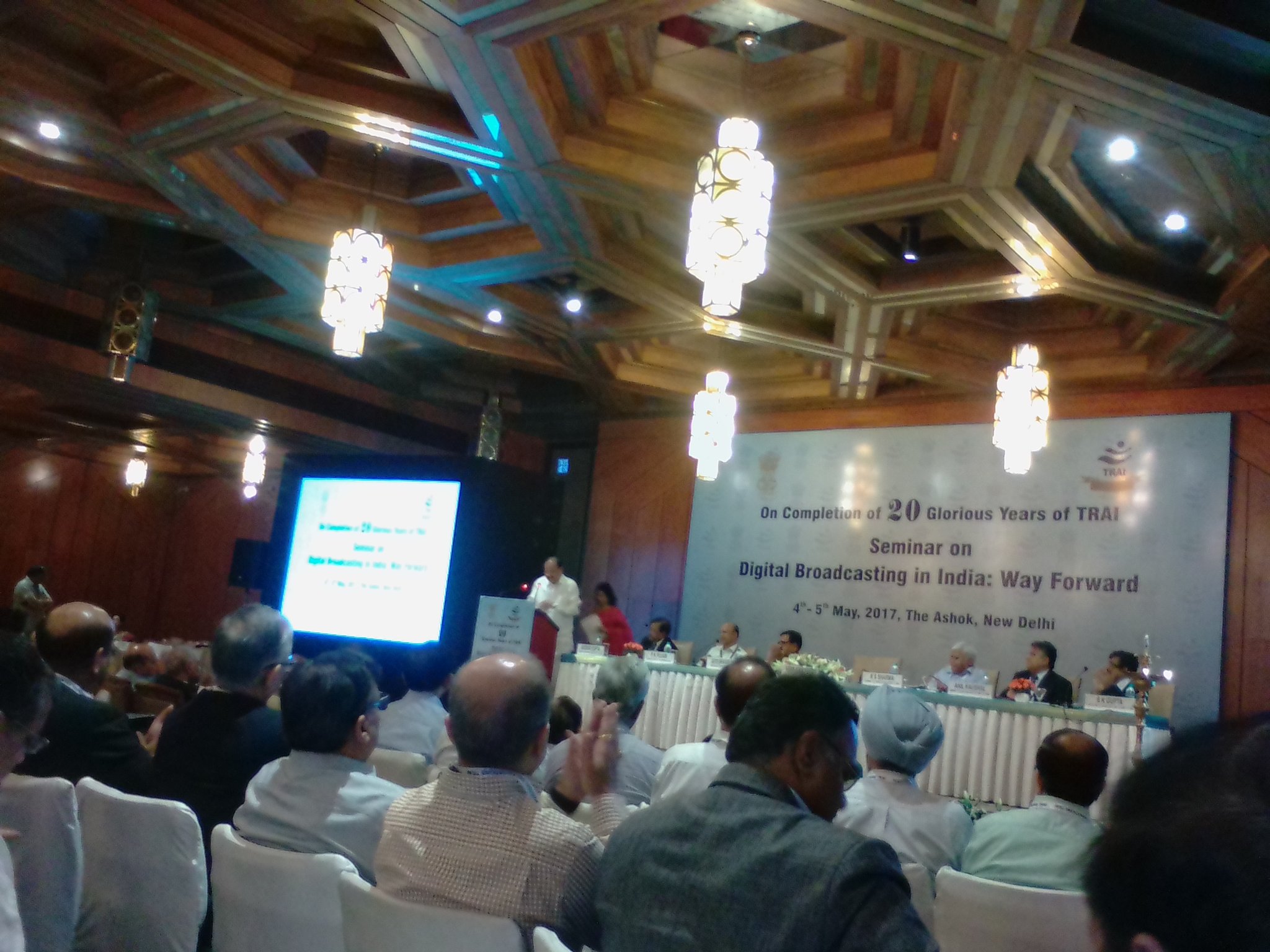
TRAI Seminar at Ashoka on 20 Glorious Years TRAI
Information and Broadcasting Minister M Venkaiah Naidu has said that Indian broadcasting is at threshold of entering into a new era of digital broadcasting largely driven by digitization and Internet usage. He was speaking at a seminar on Digital Broadcasting in India on the occasion of Telecom Regulatory Authority of India, TRAI’s anniversary in New Delhi today.
Mr Naidu said, consumers are now experiencing benefits of digital services as the government has completed digitization of Cable TV networks.
The Minister said, Good and Services Tax, GST will be a game changer for the sector. He said, broadcasting is a sunrising sector and time has come to ensure the availability of indigenous products in it.
Talking about Prime Minister’s Mann Ki Baat programme, Mr Naidu said, it has revived Radio broadcasting in the country. He expressed concern over sensationalism in media saying it has become order of the day. He said, it has put the credibility of communicators on stake.
Congratulating TRAI on completing 20 yrs, Mr Naidu said, it has contributed to growth of telecom and broadcasting while ensuring consumer protection and fair play. He said, regulation is needed for better implementation but it should not be strangulation for growth.
On the occasion, Mr Naidu also released the Bi-decadal report on TRAI’s achievements.
INDIAN ECONOMY UPTO APRIL 2017
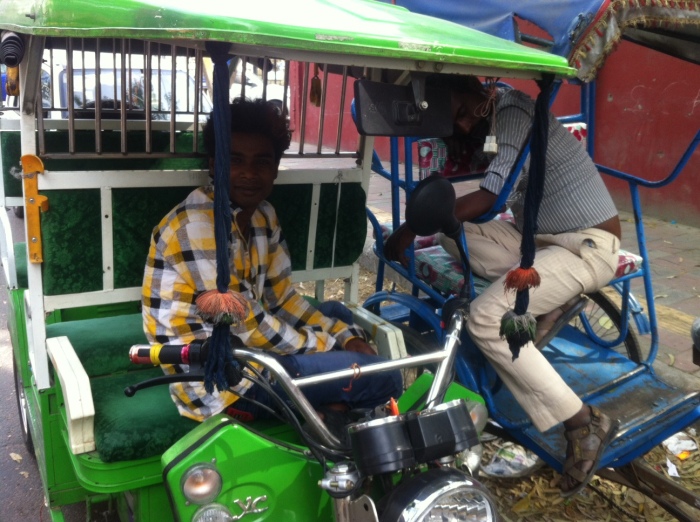
Want to make India the most open economy in the world: PM @narendramodi
Asian Development Bank (ADB) has said that Indian economy will grow 7(point)4 per cent this fiscal, and 7(point)6 per cent in the next fiscal. India had grown 7.1 per cent in the previous fiscal.
ADB Chief Economist Yasuyuki Sawada said that reforms like the Goods and Services Tax and the new bankruptcy law will make it easier to do business in India. On the impact of rupee appreciation on exports, he said, the appreciation cannot be considered in isolation, and the overall export performance of India so far seems quite positive.
The rupee has appreciated by over 5 per cent against the US dollar since January. Mr Sawada was talking to the media at Yokohama in Japan yesterday, a day before finance ministers and central bank governors meet for the ADB’s 50th annual meeting.
Mr Sawada said, emerging orientation in US and Europe for protectionism in trade is worrisome, but not enough to break the global economy. He said ADB stresses on more open trade and more free movement of capital, and it should play an important role to push an open trade and investment regime.
Mr Sawada cited the example of China, which is shifting from an export driven model to a more internal demand driven model. He said there is a trend in Asia that domestic consumption and investment play a much more important role than external demand. But this trend does not deny the importance of trade, he said.
Minister of State for Food C R Chaudhary said in a written reply to parliament on Tuesday that the government had approved the creation of a buffer stock of up to 2 million tonnes, half of which will be imported.
The Union Cabinet approved a new framework for dealing non-performing assets (NPAs) in the banking system, details will be announced after President Pranab Mukherjee gives his assent to an ordinance to amend the Banking Regulation Act to resolve the Non Performing Assets crisis.
The set of measures includes the promulgation of an Ordinance to amend the Banking Regulation Act to give more powers to Reserve Bank of India and its committees to act on behalf of banks while deciding on NPAs.
The Cabinet also gave its nod to the National Steel Policy- 2017 which targets to achieve 300 Million Tonnes of steel making capacity by 2030 with an additional investment of ten lakh crore rupees.
The new steel policy seeks to enhance domestic steel consumption and ensure high quality steel production and create a technologically advanced and globally competitive steel industry. It is aimed at increasing consumption of steel in major segments like infrastructure, automobiles and housing. It is also intended to create self sufficiency in steel production by providing policy support and guidance to private manufactures, MSME and steel producers.
The Cabinet also approved policy for providing preference to domestically manufactured iron and steel products on Government procurement. The policy seeks to accomplish the Prime Minister’s vision of ‘Make in India’ with objective of nation building and encourage domestic manufacturing. It will be applicable on all government tenders where price bid is yet to be opened.
The Cabinet gave its approval for the declaration of Vijayawada Airport as International Airport, as per the provisions of Andhra Pradesh Reorganisation Act, 2014. It also gave ex-post facto approval to the Memorandum of Understanding on Third Line of Credit of 4.5 billion dollars to Bangladesh for implementation of developmental projects.
The Cabinet Committee on Economic Affairs approved the initiation of the process of disinvestment of hotels and properties of the India Tourism Development Corporation Limited. The CCEA also gave its approval for re-structuring the schemes of the Ministry of Food Processing Industries under new Central Sector Scheme SAMPADA.
India has witnessed significant rise in private equity backed strategic M&As and IPOs in 2016. With the buoyant stock market and confidence in the economy, the momentum will continue going forward. Though the year started at a slow pace in terms of PE/VC investments, it is likely to end with some big ticket deals.
KPMG
Work begins on 5 expressway projects, 7 more on anvil- The Government has started work on five expressways including Delhi-Meerut while other seven projects will be launched soon. Hon’ble Minister of Road Transport, Highways and Shipping, Shri Nitin Gadkari stated that they are constructing 12 new express highways. Work on five has already started. These include Eastern Peripheral expressway which will be completed by August 15 this year and Delhi-Meerut expressway.
India pitches for Foreign Direct Investment (FDI) in food processing industry – Pitching for foreign direct investment in the food processing sector, India has asked the US companies to take advantage of its liberalised foreign investment rules, ready from the Ministry of Food Processing Industries started their two-day trip to Midwest from Chicago holding meetings with high-level officials from several Chicago land food services, logistics and restaurant companies.
Cabinet approves modifications in the 7th CPC recommendations on pay and pensionary benefits – The Union Cabinet chaired by the Hon’ble Prime Minister Shri Narendra Modi approved important proposals relating to modifications in the 7th CPC (Central Pay Commission) recommendations on pay and pensionary benefits in the course of their implementation. Earlier, in June, 2016, the Cabinet had approved implementation of the recommendations with an additional financial outgo of Rs 84,933 crore for 2016-17 (including arrears for 2 months of 2015-16).
Cabinet approves Policy for providing preference to domestically manufactured iron & steel products in government procurement – The Union Cabinet chaired by the Hon’ble Prime Minister Shri Narendra Modi has approved the policy for providing preference to domestically manufactured iron & steel products on Government procurement. This policy seeks to accomplish the PM’s vision of ‘Make in India’ with objective of nation building and encourage encourage domestic manufacturing.
Cabinet approves Memorandum of Understanding (MoU) on Third Line of Credit of US $ 4.5 billion – The Union Cabinet chaired by the Prime Minister Shri Narendra Modi has given ex-post facto approval to the Memorandum of Understanding (MoU) on Third Line of Credit (LoC) of US $ 4.5 billion to Bangladesh for implementation of developmental projects. The MoU was signed during the visit of the Prime Minister of Bangladesh to India in April 2017.
Railways set to get big booster shot, government to start work on $5 bn rail fund within weeks – After scaling up railway capex substantially over the last couple of years via extra budgetary resources, the Government will begin the process for creating a $5-billion Railways of India Development Fund (RIDF) soon. As per the plan, the World Bank-anchored fund will be accessible to all railway projects — public-sector, private ventures and the projects undertaken by their alliance. The idea is that contractors bidding for railway projects will find a cheaper source of funds in RIDF which is in alignment with the long-gestation projects.
TRUMP: MAKE PEACE BETWEEN ISRAEL AND THE PALESTINIANS
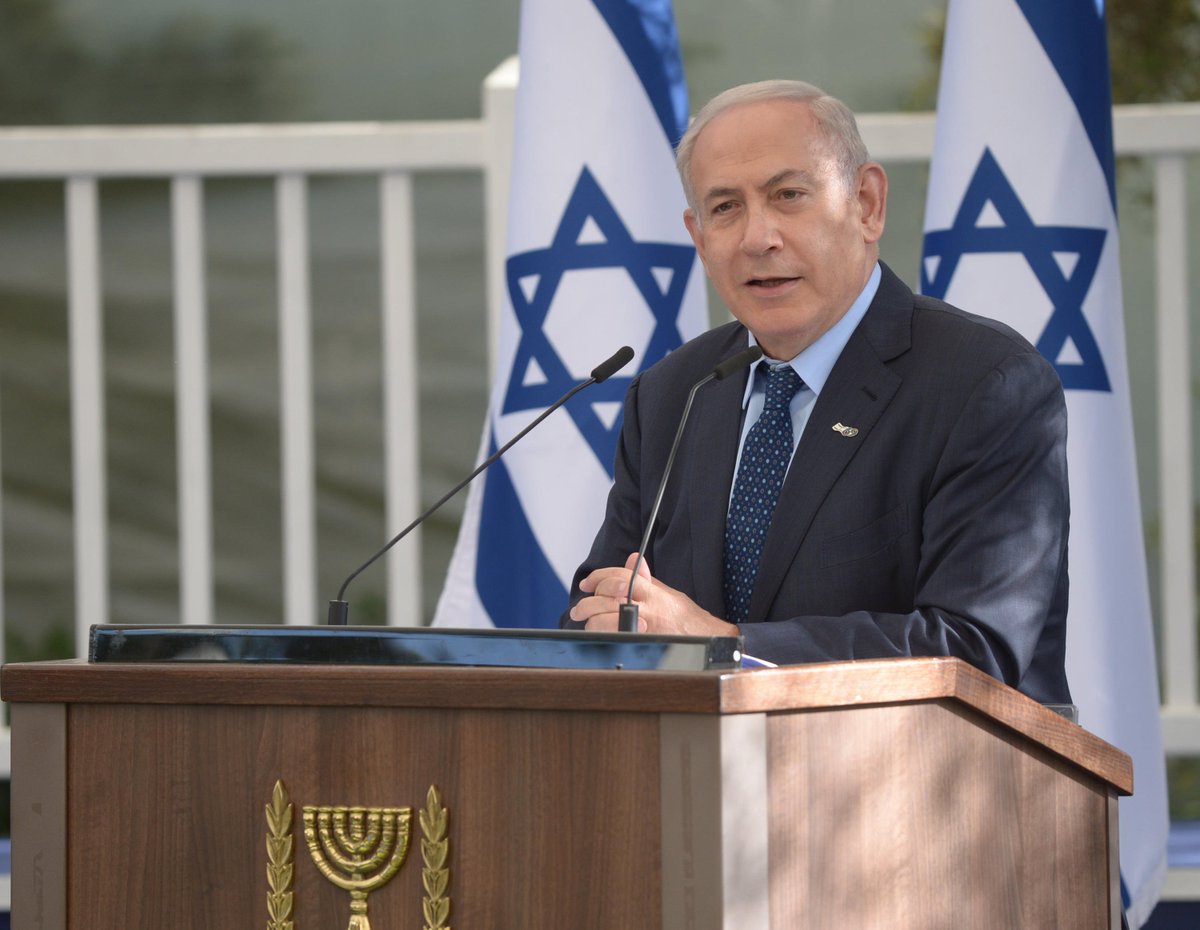
Prime Minister Netanyahu’s Greeting on Israel’s 69th Independence Day
Happy Independence Day to all of our friends around the world!further added byhis tweets ,Israel will not sit by while the organization calls for the denial of our sovereignty in Jerusalem.
Happy Independence Day to all of our friends around the world!further added byhis tweets ,Israel will not sit by while the organization calls for the denial of our sovereignty in Jerusalem.
Israel eases restrictions on Gaza fishermen
With Abbas presenting new documents to get peace in West Bank the testaments are short of cultivating peace as per Israel version but the nations across the globe want to have peace and hectic efforts are in the intention of US preside-mt but how far this intention and efforts shall be success to buy peace in the region and can help to bring some reprieve in the Syria regions with dialogues moves on for peace.
US President Donald Trump vowed on Wednesday to do “whatever is necessary” to broker peace between Israel and the Palestinians, as he hosted Palestinian President Mahmoud Abbas at the White House, but gave no sign of how he could revive long-stalled negotiations.
In their first meeting, Trump pressed Abbas to do more to stop “incitement to violence” against Israelis and, according to the White House, urged him in private to halt payments to families of Palestinian prisoners held in Israeli jails, a demand long pressed by Israel.
Even as Trump boldly predicted he would achieve peace where other presidents had failed, he stopped short of explicitly recommitting his administration to a two-state solution to the decades-old conflict, a long-standing foundation of US policy.
Some Palestinians said they were disappointed by the omission.
Despite what many experts see as a long-shot bid, Trump told Abbas: “I will do whatever is necessary…. I would love to be a mediator or an arbitrator or a facilitator, and we will get this done.”
Abbas reasserted the goal of a Palestinian state, saying it must have East Jerusalem as its capital with the borders that existed before the 1967 Middle East war. Most Israelis want all of Jerusalem as their capital and reject a full return to 1967 borderlines as a threat to their security.
Trump has faced deep skepticism at home and abroad over the chances for him to achieve any quick breakthrough, not least because his administration has yet to articulate a cohesive strategy for restarting the moribund peace process.
Abbas’ White House talks followed a February visit by Israeli Prime Minister Benjamin Netanyahu, who moved to reset ties after a combative relationship with the Republican president´s predecessor, Democrat Barack Obama.
Trump sparked international criticism at the time, when he appeared to back away from a two-state solution, saying he would leave it up to the parties to decide.
Palestinian statehood has been the objective of successive US administrations and the international community. The meeting with Abbas, the Western-backed head of the Palestinian Authority, was another test of whether Trump, in office a little more than 100 days, is serious about pursuing the kind of comprehensive peace deal that eluded his predecessors.
Trump insisted he was ready to try to reach the “toughest deal.” But when he later sat down to lunch with the Palestinian leader, he said it was “maybe not as difficult as people have thought over the years.”
Trump, who said he decided to “start a process” but offered no new policy prescriptions or timetable, may be underestimating the challenge when trust between the two sides is low, analysts said.
“You can’t just pretend you only have to handle a few key issues and that’s it,” said David Makovsky, a member of Obama’s negotiating team during the last talks, which collapsed in 2014.
Still, plans are being firmed up for Trump to visit Netanyahu in Jerusalem and possibly Abbas in the West Bank on May 22 and 23, say people familiar with the matter.
That has sparked speculation about a meeting of the three US and Israeli officials have declined to confirm the visit.
Trump and Abbas appeared friendly but businesslike as they stood at side-by-side lecterns. But that was a far cry from the way Trump and Netanyahu interacted in February.
Abbas promised that under “your courageous stewardship and your wisdom, as well as your great negotiating ability,” the Palestinians would be partners seeking a “historic peace treaty.”
But under pressure at home to avoid major concessions, the 82-year-old leader said: “It’s about time for Israel to end its occupation,” referring to Jewish settlements in the West Bank.
Abbas, however, did not repeat in public his demand that Israel freeze settlement construction on land Palestinians want for a state as a condition for negotiations.
US lawmakers have warned that Palestinian funding could be cut off unless Abbas halts PLO stipends to families of prisoners whom Israel considers terrorists but many Palestinians see as heroes.
There was no indication Abbas, who governs in the West Bank while Hamas rules Gaza, bowed to pressure on the issue, especially with hundreds of Palestinian prisoners on hunger strike.
In Gaza, Hamas spokesman Sami Abu Zuhri said the promises Abbas made at the White House “don´t obligate anyone.”
Questions have been raised about Trump´s choice of son-in-law Jared Kushner to oversee the peace initiative, along with Trump’s longtime business lawyer, Jason Greenblatt, as envoy.
Efforts to enlist Israel´s Sunni Arab neighbors, who share Israeli concerns about Shi´ite Iran, to help rejuvenate peacemaking, have yet to yield results.
National security adviser H. R. McMaster described Trump’s foreign policy approach as “disruptive,” saying his unconventional ways could create an opportunity to help stabilize the Middle East.
But Trump’s unpredictability has even at times rattled a close ally like Israel.
His pro-Israeli campaign rhetoric suggested he might give Netanyahu free rein. But Trump’s promise to move the US embassy to Jerusalem from Tel Aviv is on the back burner, and he caught Netanyahu off-guard by asking him to put unspecified limits on settlement activity. Media agencies
MINISTER POWER :PIYUSH GOYAL ADDRESS MEDIA

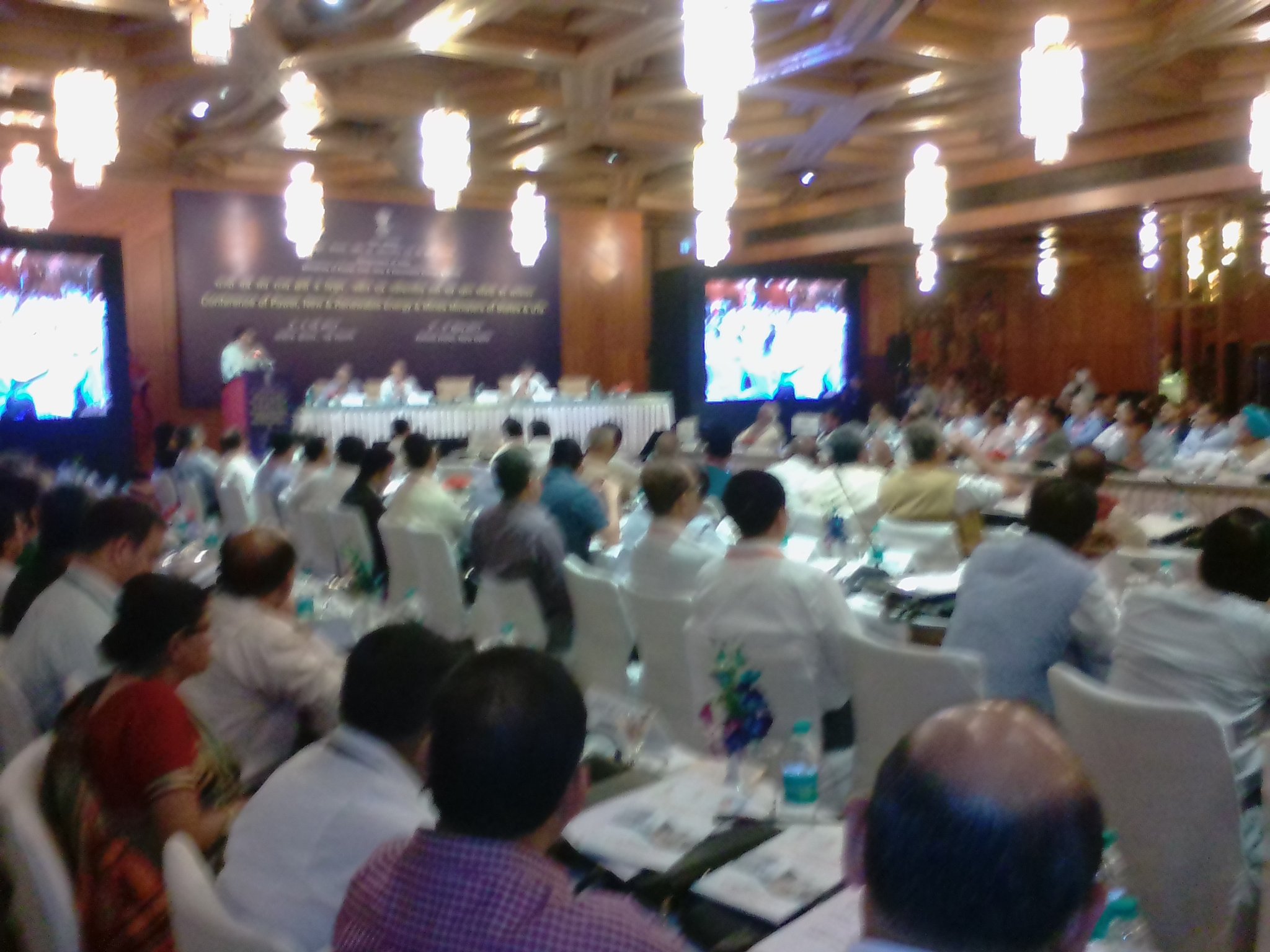


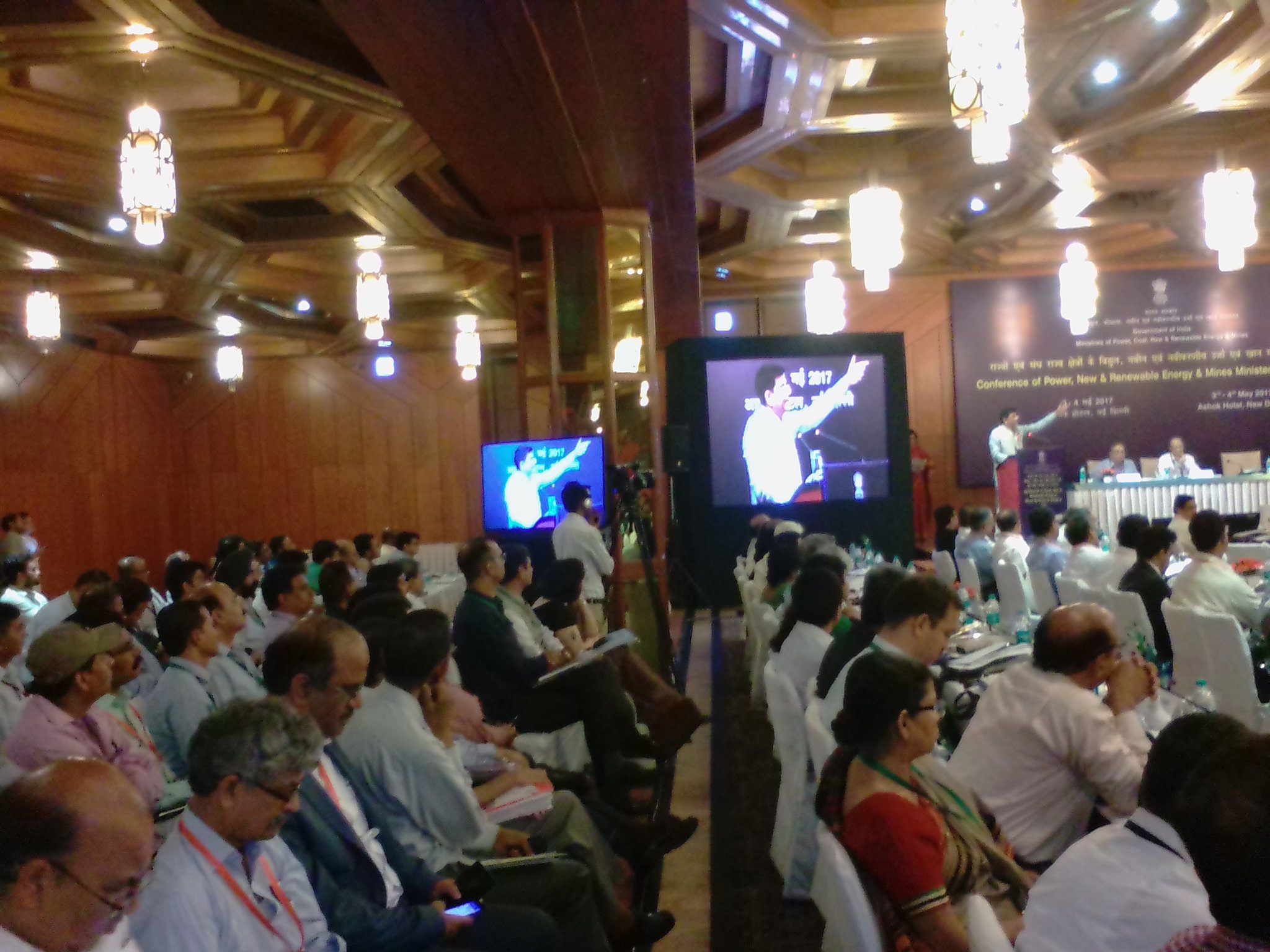
PANI, FROM HIMALAYA’S, BENEFITED FOR THE HEALTH OF PREGNANT WOMEN
launched Pani by:
- Soha Ali Khan
- Sachin Joshi (Chairman of Viiking Ventures, Veerappan & Jackpot fame

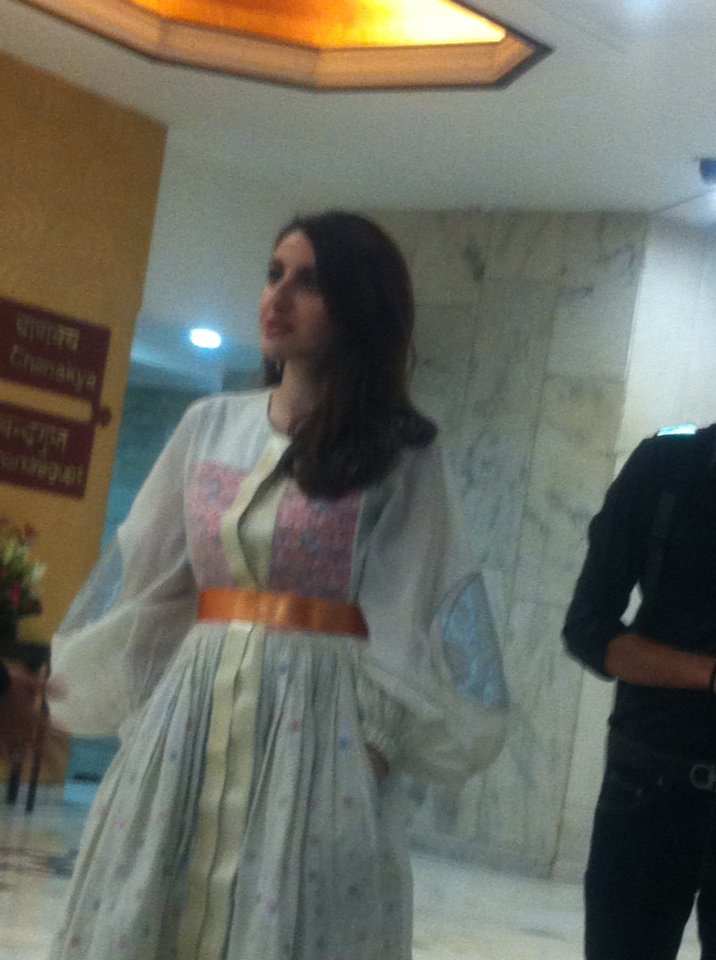
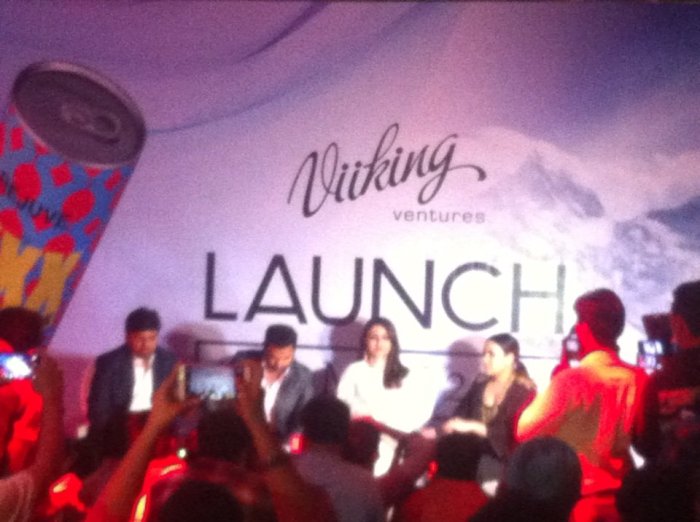
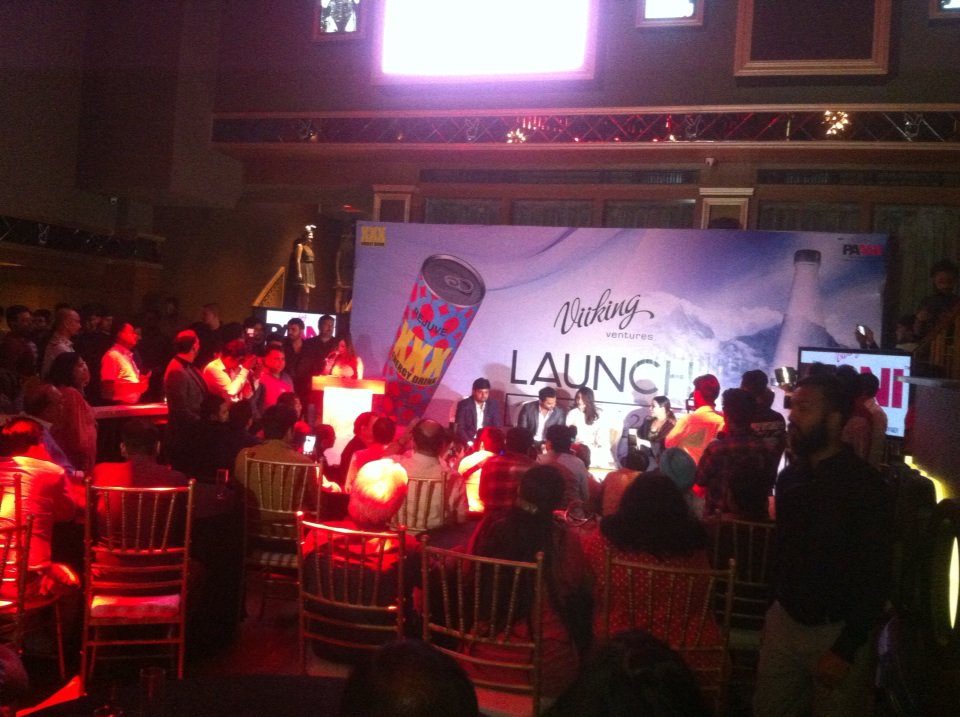

No comments:
Post a Comment